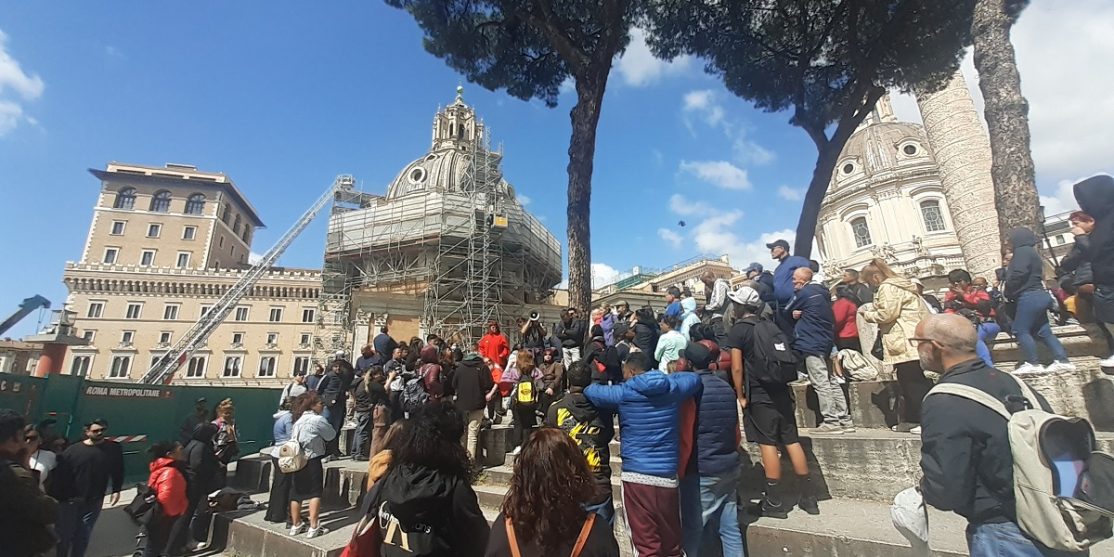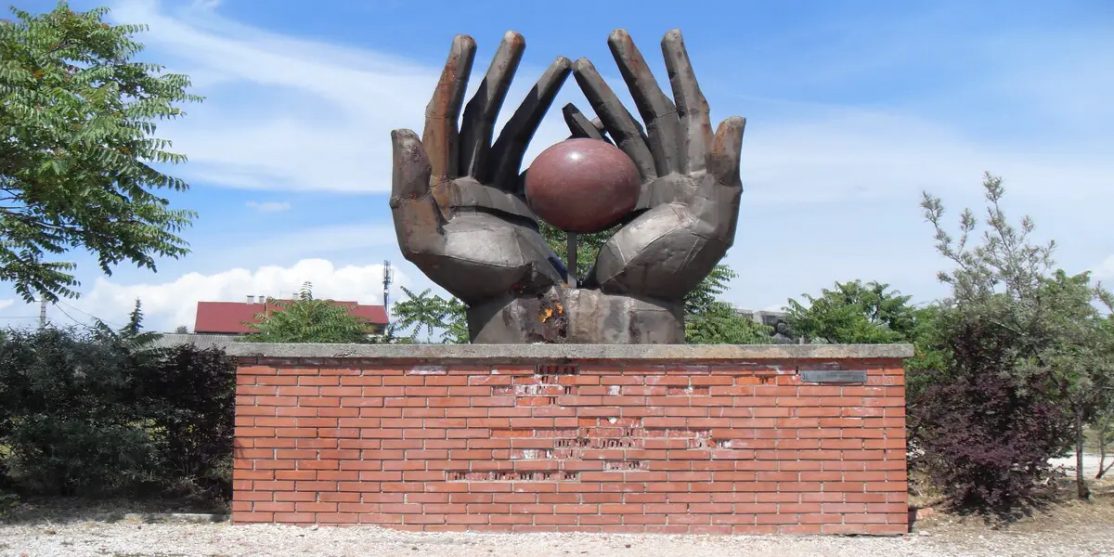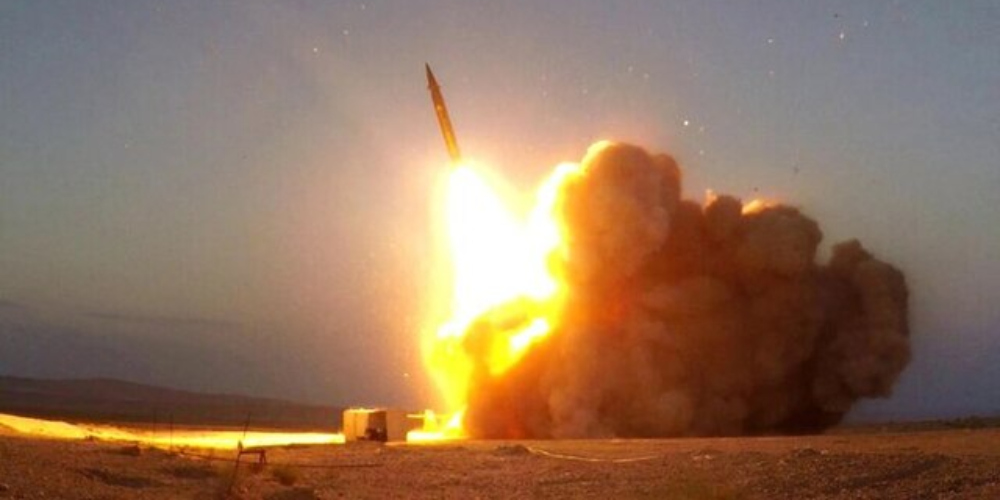EUROPA
Brief notes on the European space of social movements – towards the Blockupy meeting

What is becoming of the European Union since the imposition of the memorandum on Greece, the new wave of instability in the financial markets, the crisis of the Schengen agreements, France in a state of emergency and war even closer to our borders? How has this re-shaped the continental space and which perspectives of struggle are opened to social movements?
An in depth analysis of the European space is useful to understand what may be the forms and practices to make a joint political initiative effective and concrete on the transnational level, starting from Blockupy and going beyond. Until a few months ago, many of the accelerations we are experiencing just seemed distant possibilities, but today they have become reality. We are faced with: an authoritarian normalization of the austerity regime, the reconfiguration of borders as a response to refugees movements, a new wave of organized extreme right racism, the EU’s support for Erdogan’s authoritarian government and wars and fundamentalist terrorism all over the Middle East.
However, it is necessary to interpret this scenario – certainly dramatic – as a measure of the inability of the European and nation elite, after nine years from the start of the debt crisis, to stabilize the economic and financial situation and to govern the tensions that animate it. Tensions that today lead to a confrontation between fascist forces with mobilizations for a radical democratization of Europe, a confrontation between power enacted in national territory and the opening to the European space as a minimum space.
In respect to this tension, in the crisis years, the transnational coalition of Blockupy has played an extremely important role, being able to face the challenge of connecting and enhancing different local and national forms of resistance, to converge for mobilization at European level. Today we are in a completely different situation from 2012 or even from two years ago, when in our thousands we have besieged the ECB, and we have to ask ourselves what role should the Blockupy network and the other transnational networks play, and what strategies should be employed to re-launch the struggles of European movements.
We can only re-start from our limits: the limits we had in the construction of a European movement against austerity; the limits we had in generalizing the Greek OXI and after the limits that Syriza’s signature of the memorandum imposed on us; the limits we had in front of the refugees crisis, the war and the proclamation of the emergency rule. To re-launch conflict we must start from who we are and from the struggles we animate, partial and specific, but we must federate transnationally. We have to start from our cities, where we need to create political campaigns to federate experiences of democracy, self-government, re-appropriation, new forms of unionism and mutualism in the crisis.
As young people resident in Italy, we feel as the possible next migrants in Europe, always ready to move with suitcases in our hand, to try to escape from the extreme precariousness and new poverty that grips us in the southern peripheries, but aware that we share this condition with many others. In the absence of a European welfare state, during the crisis the freedom of movement has become the only right of the poor, always ready to move to where conditions of life and work seem a bit better. For this free movement rights, universal and common welfare and labour rights must be claimed together. From this point of view national differences are useful to exploit us better, not to safeguard our standard of living.
We believe that Blockupy remains an important space and we have to preserve it and to reinvent it, starting from the connections we should be able to construct between struggles and with other European networks – such as the transnational social strike, the Alter Summit, no borders and rights of migrants networks – to re-launch strongly a common space of intervention. We believe that Blockupy today should not simply take into account the construction of a day X, or the convergence on a specific target, but it should envision a process capable of building thematic coalitions connecting conflicting practices beyond national borders. The 1st March can be a first date to test these new connections: a local date but organized transnationally to demand rights, welfare, hospitality and freedom of movement for migrant workers.
Therefore, we propose some thematic axis of work, that have for a long time been part of our discussion, on which we would like to question the different experiences and networks that meet in Blockupy. Around this thematic articulation, it may be possible to conceive campaigns, initiatives and shared propositions.
1. A mobilization for the freedom of movement, against the European border regime, for a welcoming policy and the extension of citizenship rights to all. The 1st March 2016 may be the first step of this mobilization, able to connect no borders networks, the migrant rights associations, bottom-up refugees welcome initiatives and solidarity networks for claiming citizenship rights, welfare and labour rights. The 1st March can also be a first step for a political and cultural struggle against racism and the expansion of new xenophobic extreme right movements, that are dramatically raising in the European space.
2. Social Rights for everyone: the European Union is built on social dumping between workers of different states, so it is necessary to claim income and universal welfare at a European level. We are not starting from zero, but from a discussion started over a year ago in Blockupy, from the initiative of the network for a transnational social strike, with the tension to extend this space of relation and mobilization with more radical unions. For us the fight against austerity is also the struggle for workers’ rights at the transnational level.
3. Against austerity and neoliberal policies, since balanced budgets and fiscal discipline mean only cuts, privatization and liberalization. To open a discussion on Plan B for Europe, we must ask questions about possible spaces for institutional ruptures. Campaigns such as Quantitative Easing for the People can be a basis for a restart if socially extended.
We believe that is crucial to strengthen our discussion on these three axis, to construct a common strategy of social movements and social struggles. Only by starting from the independent initiative of social movements can we open spaces for dialogue with the many political and institutional initiatives that exist today in Europe, in order to produce institutional ruptures capable of creating new dynamics of democratic politicization and change the balance of power in the European area.
Against racist barbarism, nationalism and impoverishment it is necessary to propose a new internationalism of radical and democratic struggles within, against and beyond the European borders.




